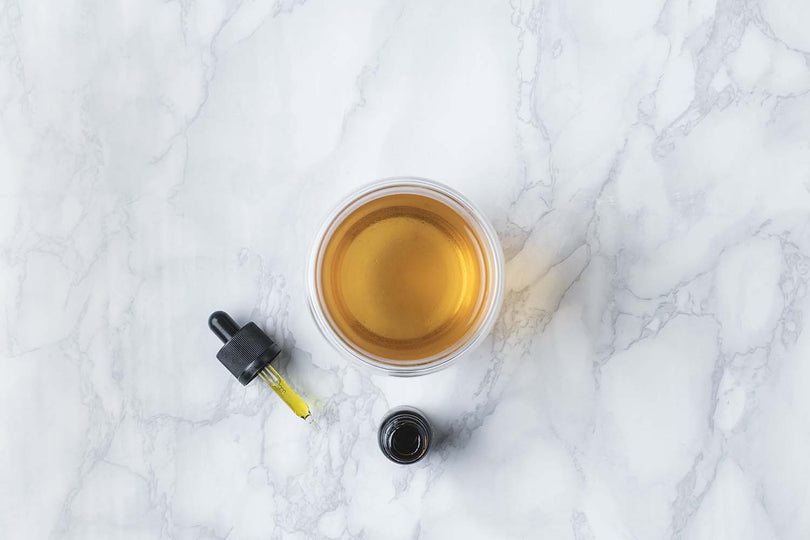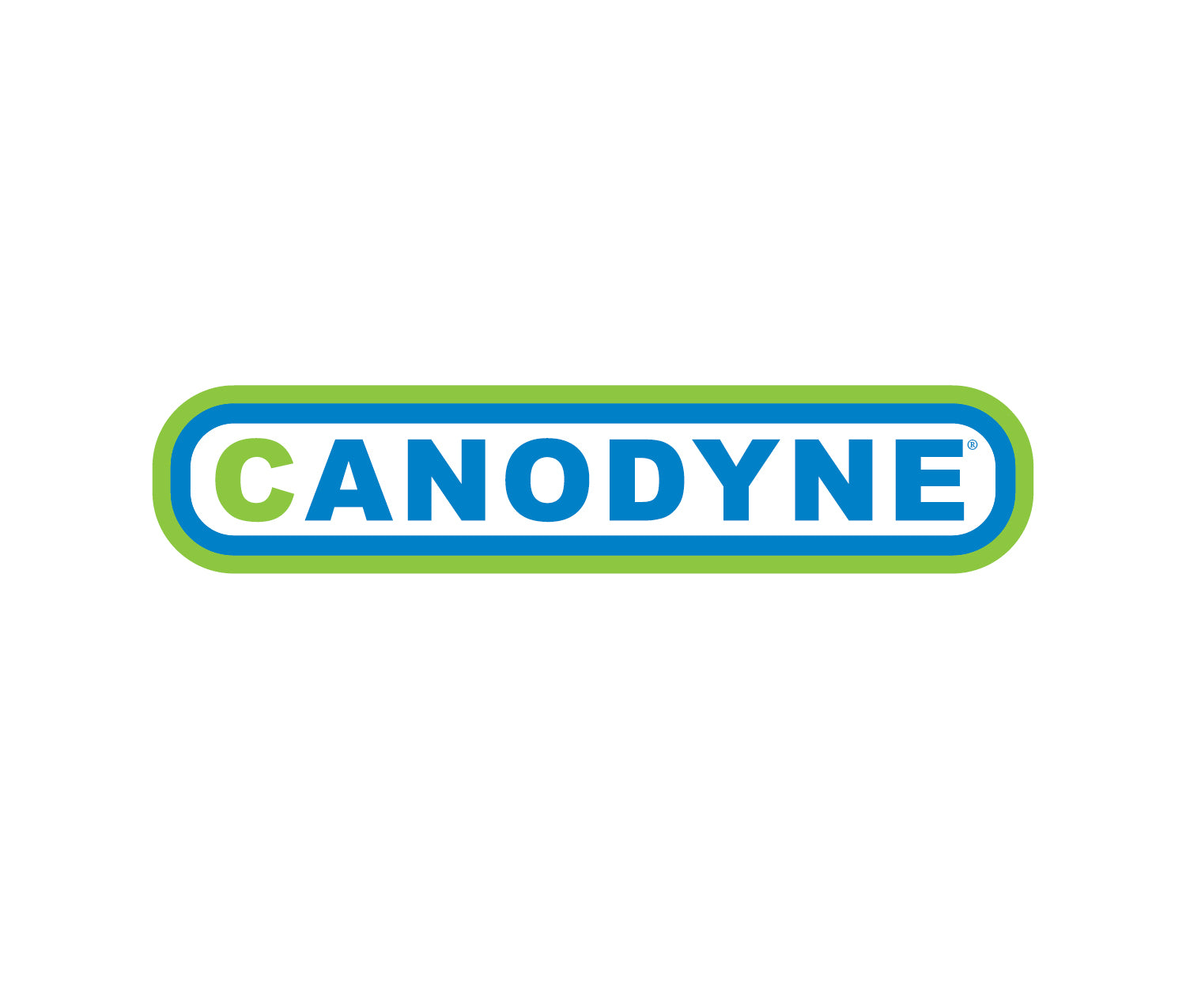Vaping, once considered a safe alternative to smoking, is under attack.
Health officials are trying to determine if any vaping products are safe to use in the face of a national epidemic of respiratory illnesses that have been linked to nicotine and marijuana vapes.
The Center for Disease Control has identified about 450 possible cases in 33 states, including six deaths. Officials still haven’t pinpointed the exact cause, but exposure to chemicals in vaping liquid is suspected.
The Food and Drug Administration is trying to determine if vitamin E acetate, a thickening agent, may have played a role in the respiratory cases.
"Because consumers cannot be sure whether any THC vaping products may contain vitamin E acetate, consumers are urged to avoid buying vaping products on the street," the agency said in a statement last week.
Some scientists are concerned that vaporizing can lead to complications when the vapor builds up in a user’s lungs and causes irritation. Another concern is the unknown risks associated with vaping equipment itself. Last year, a Johns Hopkins University study discovered that traces of the metal heating coils in vaping utensils can be found in the vapor users inhale.
But perhaps biggest concern is consumers aren’t always entirely sure what’s in the products they are using. Mislabeling is happening in the CBD vape market as well.
A 2017 University of Pennsylvania study found that nearly 70 Percent of CBD oils sold online are mislabeled. Only 30 percent of CBD products purchased contained an actual CBD content that was within 10% of the amount listed on the product label, according to the study. The lead researcher, Professor Marcel Bonn-Miller, also found that a number of products contained a significant amount of THC—the chemical compound in cannabis that makes a person feel “high.” Health officials say the potential for unknown additives is the greatest risk with vaping CBD as opposed to consuming it in any other form.
They recommend consumers read product labels and consult their doctors about dosing and possible drug interactions. The best way to verify a product is to ask for its COA, or certificate of analysis.
At Canodyne, each batch of our CBD is third-party lab tested in an FDA-approved facility and guaranteed to be free of contaminants like heavy metals, bacteria, microbial life, mycotoxins and pesticides. Also, you’ll never have to worry about getting “high” from our gel. We use isolate that is 0% THC, guaranteed.

Based on all the unknown risks associated with the vaping industry, we’d encourage users to consider topicals as a delivery system, especially for treating pain. We already know from a 2016 animal study in the European Journal of Pain that rats who received high doses of topical CBD showed significantly lower levels of inflammation and lower pain behavior scores compared to those given a placebo.
CBD salves like Canodyne are continuing to increase in popularity and allow the drug to be delivered directly to where pain is occurring. There are very few side effects beyond redness and skin irritation for patients with sensitive skin.
For right now, it’s the safest option.



